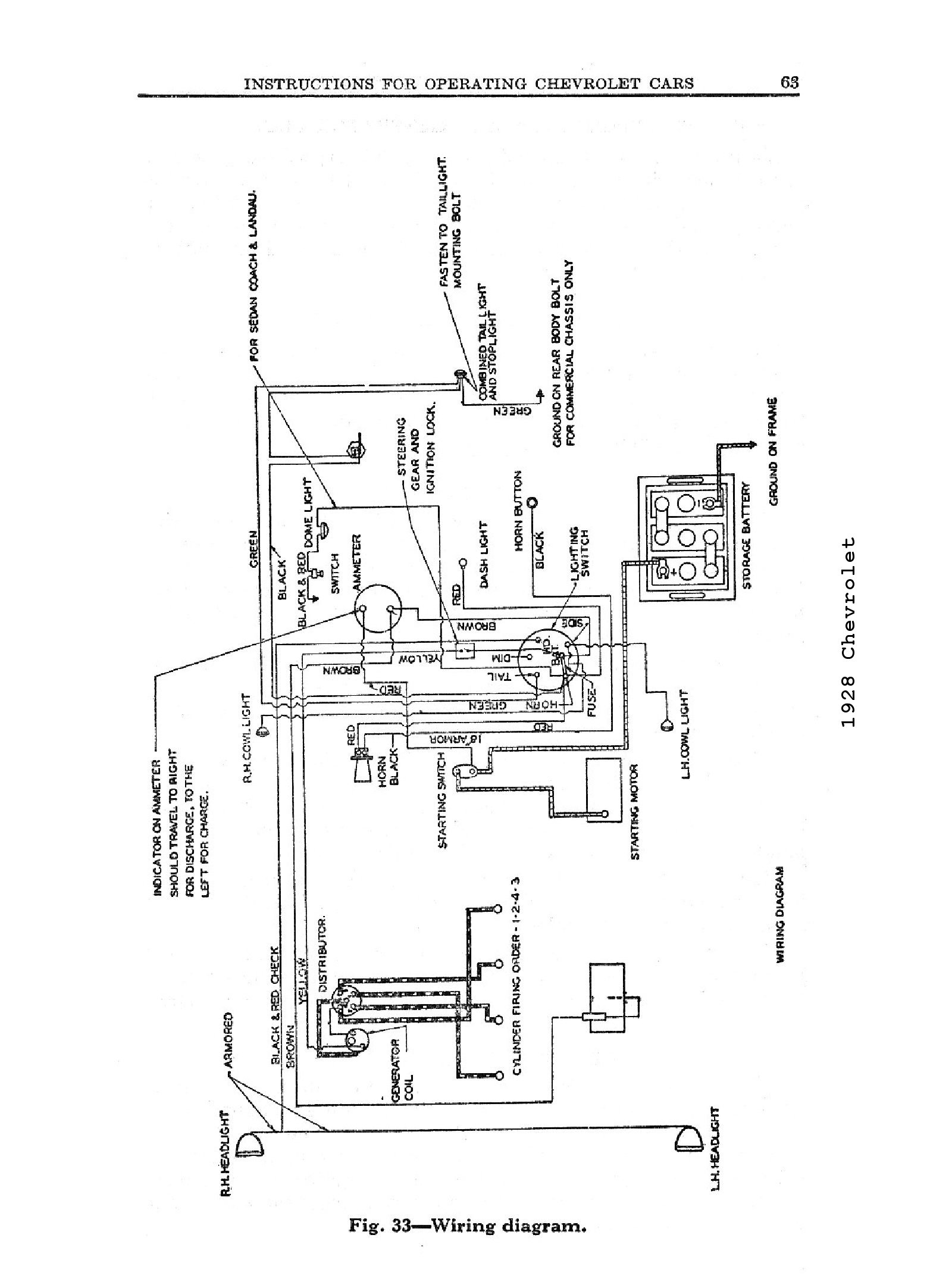When it comes to understanding the electrical system in your Chevy vehicle, having a clear and detailed Chevy Steering Column Wiring Diagram is crucial. This diagram provides a visual representation of the wiring layout for the steering column, allowing you to easily identify wires, connections, and components.
Importance of Chevy Steering Column Wiring Diagram
Here are a few reasons why Chevy Steering Column Wiring Diagrams are essential:
- Helps in understanding the wiring layout of the steering column
- Facilitates troubleshooting electrical issues
- Aids in identifying and connecting the right wires during repairs or installations
- Ensures that electrical components are properly wired for optimal performance
Reading and Interpreting Chevy Steering Column Wiring Diagram
When looking at a Chevy Steering Column Wiring Diagram, it’s important to understand the symbols and colors used in the diagram. Here are some tips to help you read and interpret the diagram effectively:
- Refer to the legend or key provided in the diagram to understand the symbols used
- Pay attention to the color codes of the wires as they indicate the function of each wire
- Follow the flow of the wiring from one component to another to trace the electrical connections
- Take note of any labels or markings on the diagram that provide additional information
Using Chevy Steering Column Wiring Diagram for Troubleshooting
Chevy Steering Column Wiring Diagrams are invaluable tools when it comes to troubleshooting electrical problems in your vehicle. Here’s how you can use the diagram effectively for troubleshooting:
- Identify the specific circuit or component that is causing the issue on the diagram
- Trace the wiring from the problem area back to the source to locate any faults or breaks in the circuit
- Check for continuity, voltage, and resistance at various points along the wiring using a multimeter
- Refer to the wiring diagram to ensure that all connections are correct and secure
Safety Tips for Working with Chevy Steering Column Wiring Diagram
When working with electrical systems and using wiring diagrams, it’s essential to prioritize safety. Here are some safety tips and best practices to keep in mind:
- Always disconnect the battery before working on any electrical components
- Use insulated tools to prevent electric shock
- Avoid working on wiring in wet or damp conditions
- Double-check all connections before reassembling components
Chevy Steering Column Wiring Diagram
04 Chevrolet Steering Column Wiring Diagram

1984 Chevy Truck Steering Column Diagram – Wiring Site Resource

1957 Chevy Steering Column Diagram – Free Wiring Diagram

Diagram 2000 Chevy S10 Steering | Wiring Diagram Database

55 Chevy Steering Column Diagram – Wiring Service

1972 chevy truck steering column wiring diagram – Wiring Diagram
